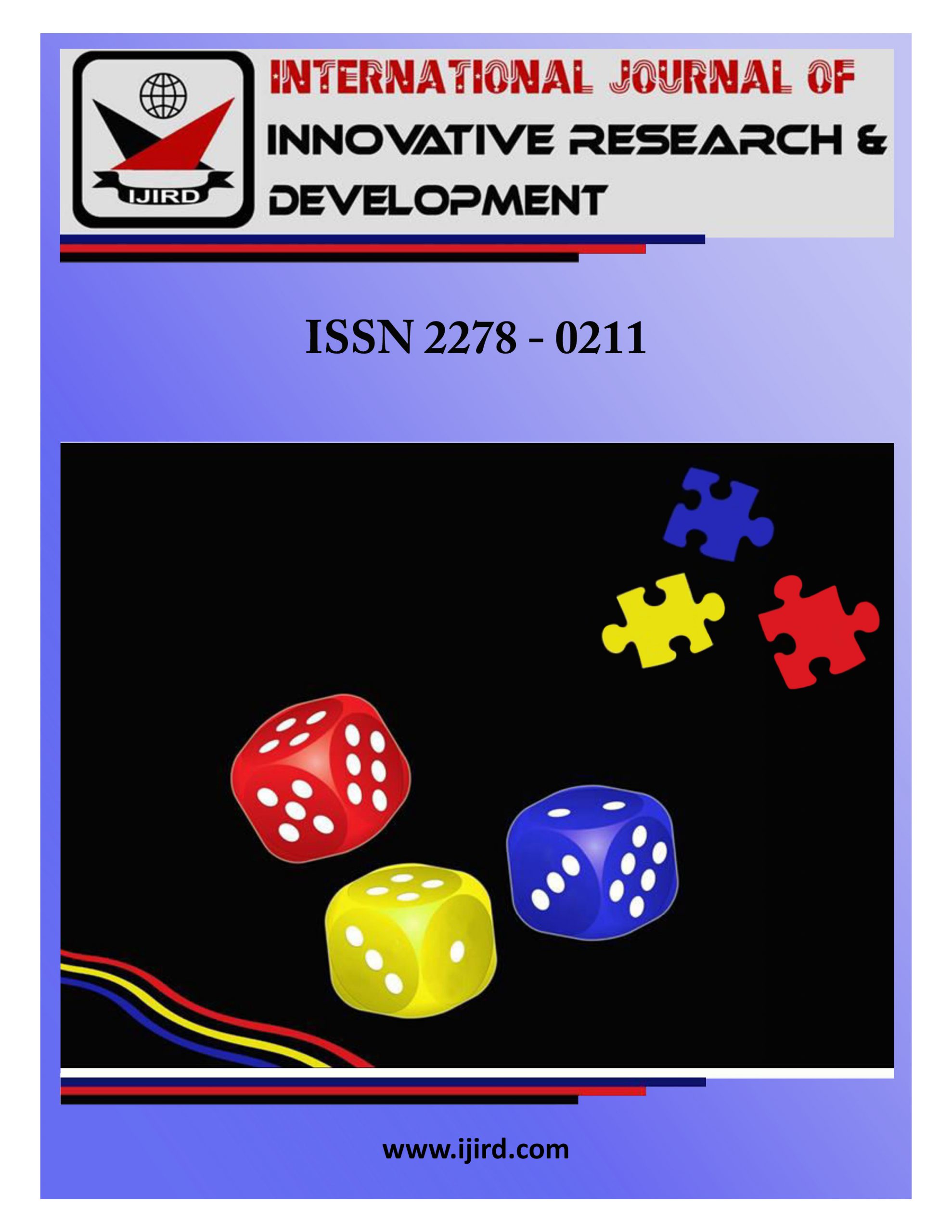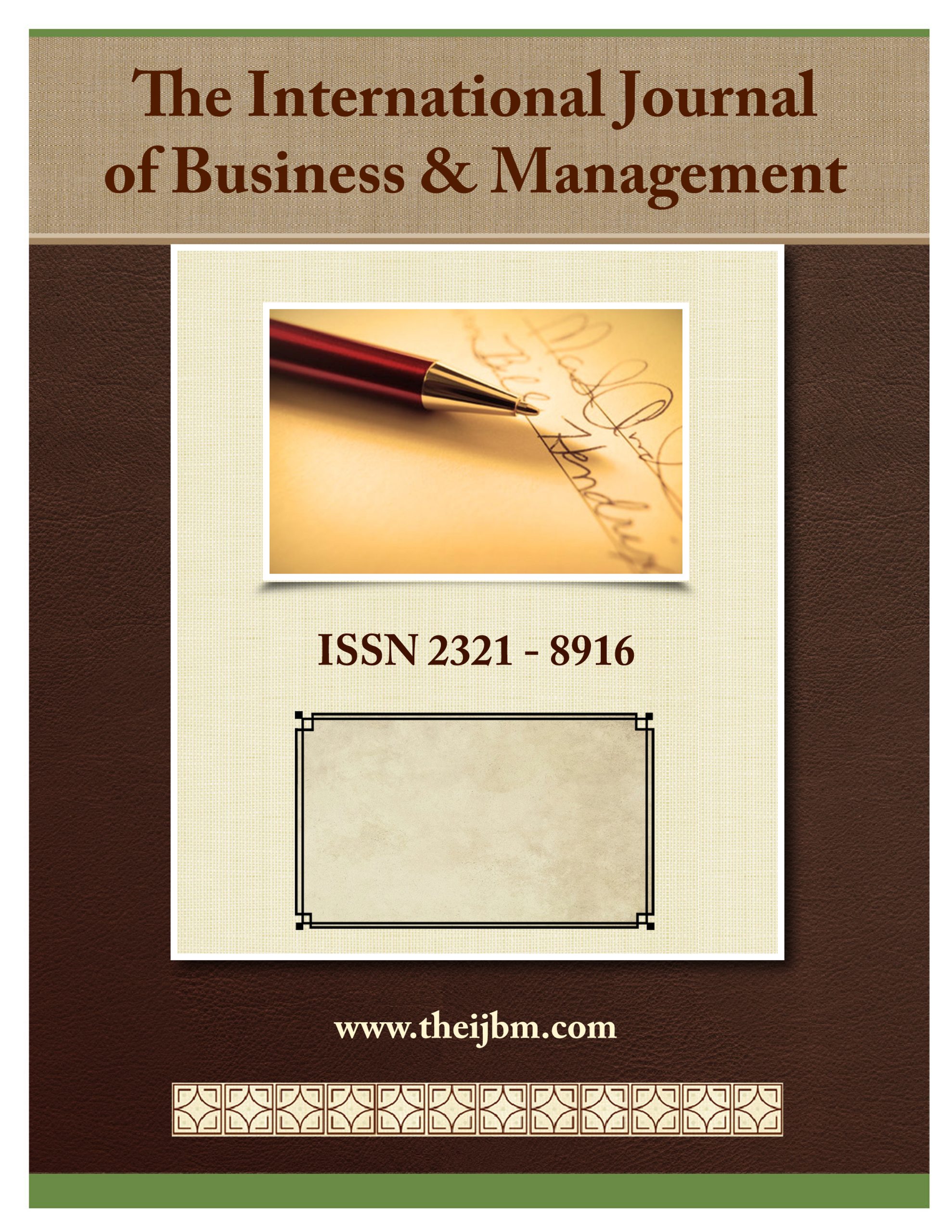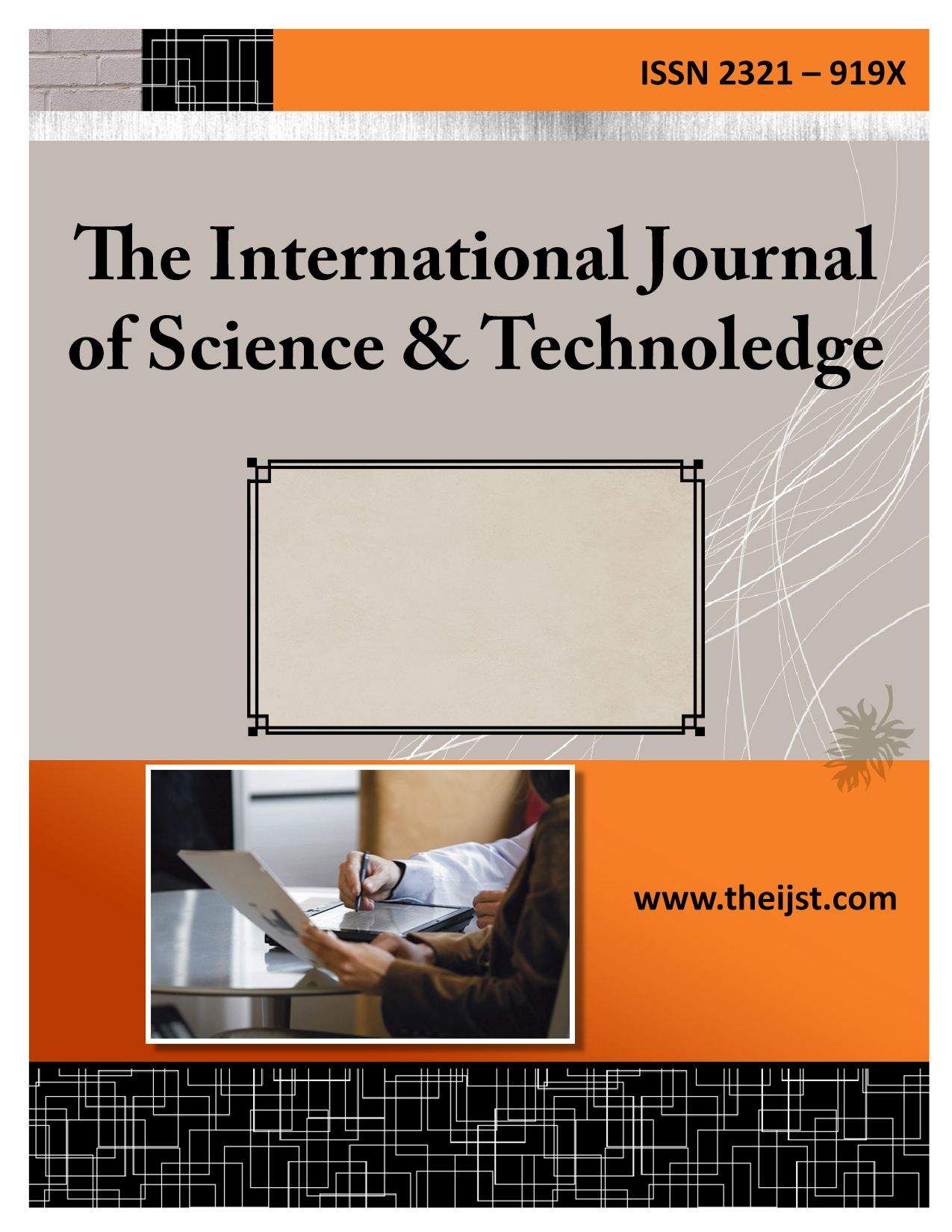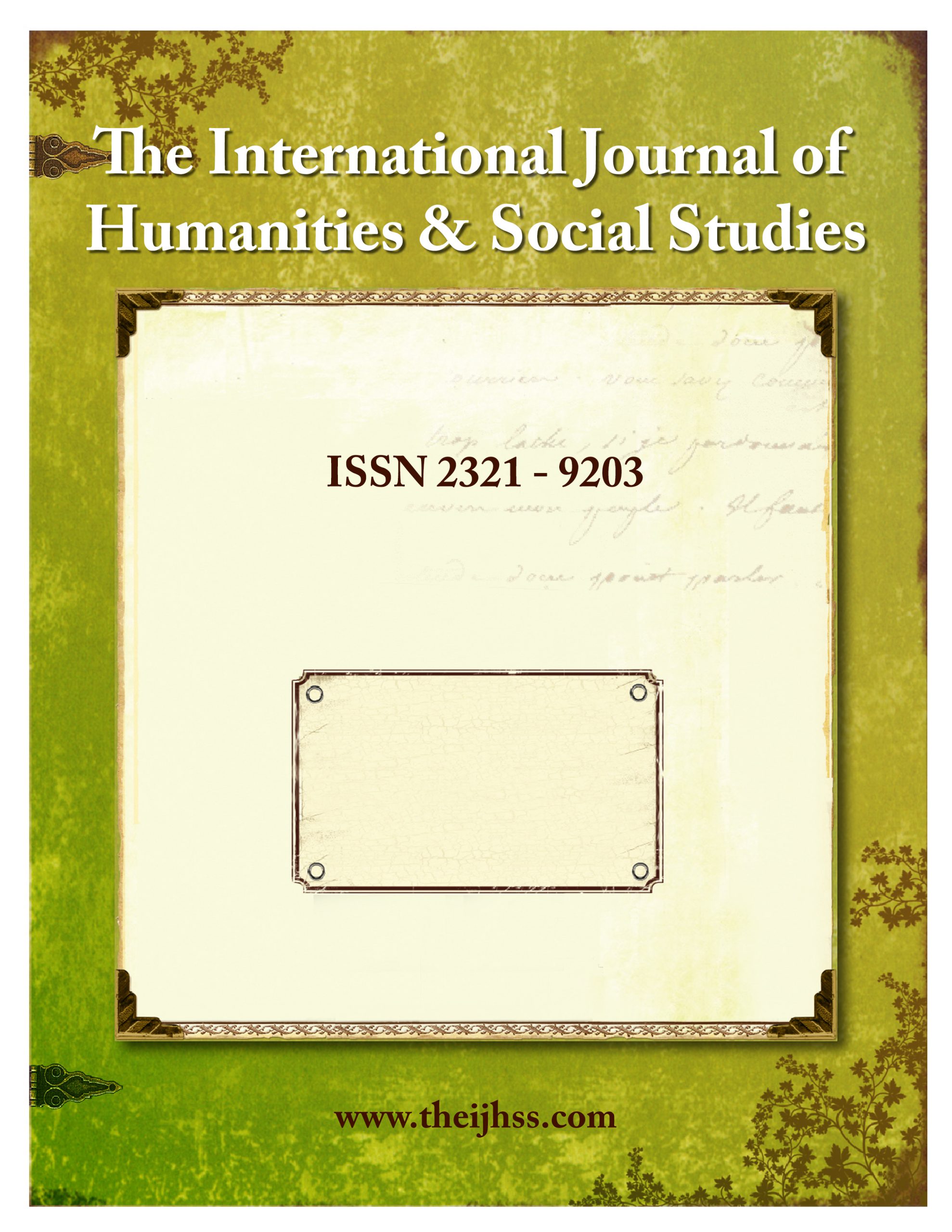In the world of academia, where information is abundant, and attention spans are limited, the abstract plays a pivotal role in capturing the essence of a research paper. An abstract is often the first, and sometimes the only, part of an article that potential readers and researchers encounter. Crafting an impactful abstract is, therefore, a crucial skill for academic journal writers. In this blog post, we will explore three key strategies to enhance the effectiveness of your abstracts and make them stand out in the crowded landscape of scholarly literature.
- Clarity and Conciseness:
The primary purpose of an abstract is to provide a concise summary of the research paper. It should clearly communicate the research question, methods, results, and conclusions in a succinct manner. Avoid unnecessary jargon and complex language that may alienate readers who are not experts in your field. Instead, focus on presenting the core ideas in a straightforward and accessible way.
To achieve clarity and conciseness:
- Use Plain Language: Choose words that are easily understood by a broad audience. Explain technical terms or concepts that are essential to understanding your research.
- Follow a Structure: Organize your abstract in a structured format, often following the sequence of introduction, methods, results, and conclusions. This makes it easier for readers to follow the logical flow of your research.
- Limit Word Count: Most journals have specific word limits for abstracts. Adhering to these limits ensures that your abstract remains concise and to the point. Aim to convey the main findings without unnecessary details.
- Highlighting Key Contributions:
An effective abstract not only summarises the content but also highlights the key contributions and significance of the research. It should answer the question, “Why does this study matter?” Clearly articulate the novel aspects of your work and how it adds value to the existing body of knowledge in your field.
To highlight key contributions:
- Emphasise Innovation: If your research introduces a new methodology, challenges existing theories, or offers innovative solutions to a problem, make sure to emphasize these aspects in your abstract.
- Address the ‘So What?’ Question: Explicitly state the implications of your findings. How does your research contribute to the broader understanding of the subject? What practical applications or theoretical advancements does it offer?
- Use Keywords Effectively: Incorporate relevant keywords that reflect the core themes of your research. This not only aids in search engine optimization but also helps your abstract get noticed by researchers in your field.
- Engage the Reader’s Interest:
An impactful abstract should not only inform but also engage the reader’s interest, prompting them to delve deeper into the full paper. Consider the abstract as a teaser that sparks curiosity and motivates the audience to explore the detailed research.
To engage the reader’s interest:
- Create a Compelling Opening: Begin your abstract with a captivating opening sentence that succinctly introduces the research problem or context. This sets the tone for the rest of the abstract.
- Pose Thought-Provoking Questions: Stimulate the reader’s curiosity by posing questions that your research seeks to answer. This creates a sense of anticipation and encourages readers to seek more information.
- Conclude with Impact: End your abstract with a strong conclusion that reinforces the significance of your research. Clearly state the main takeaway and why it matters in the broader context of your field.
By prioritizing clarity and conciseness, highlighting key contributions, and engaging the reader’s interest, researchers can significantly enhance the visibility and impact of their work. As the gateway to your journal call for paper, a well-crafted abstract serves as a powerful tool to attract the attention of fellow scholars, researchers, and practitioners in your field. Mastering this skill is not only beneficial for individual researchers but also contributes to the overall advancement of knowledge within the academic community.










